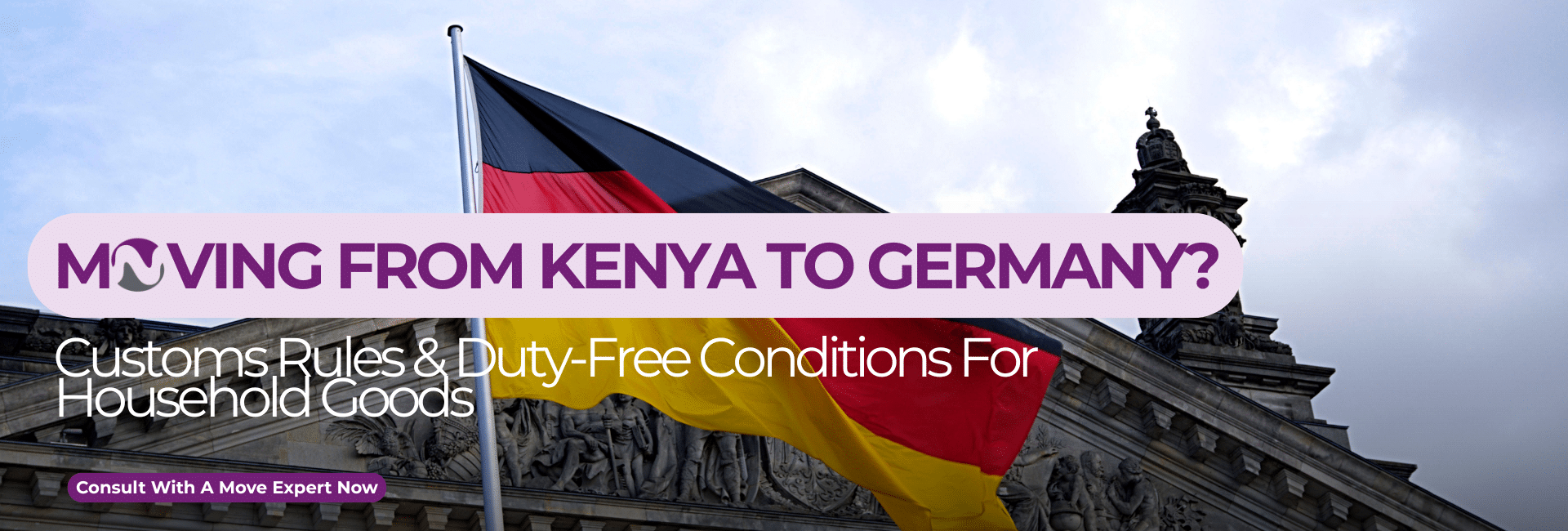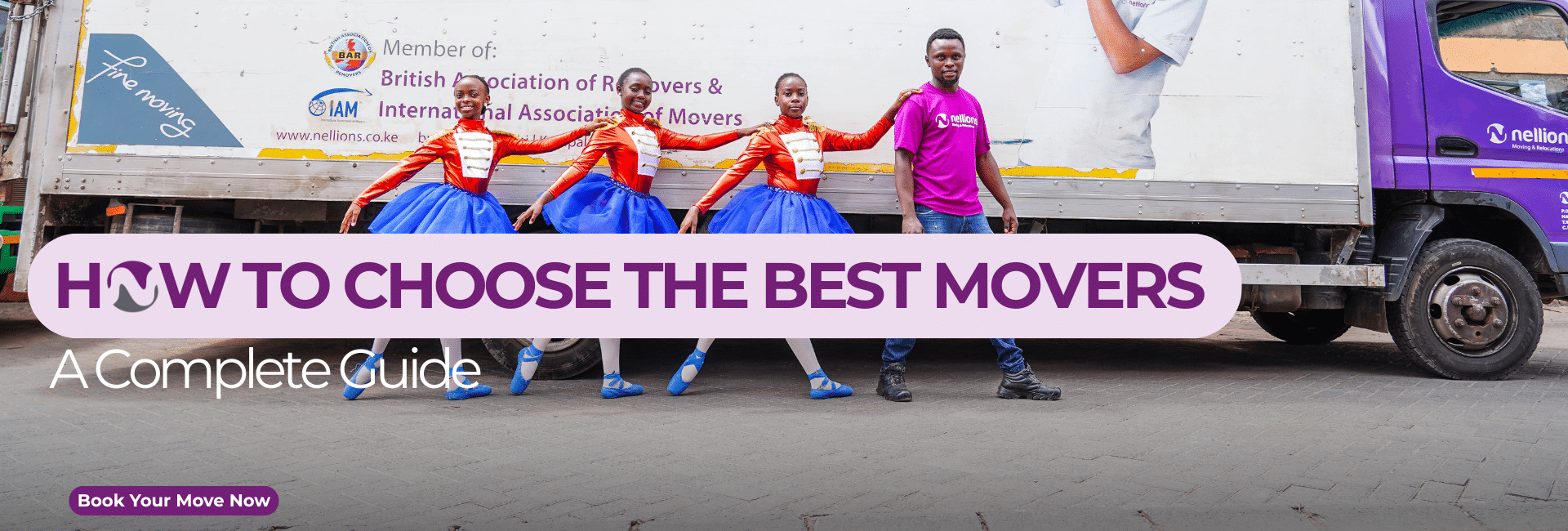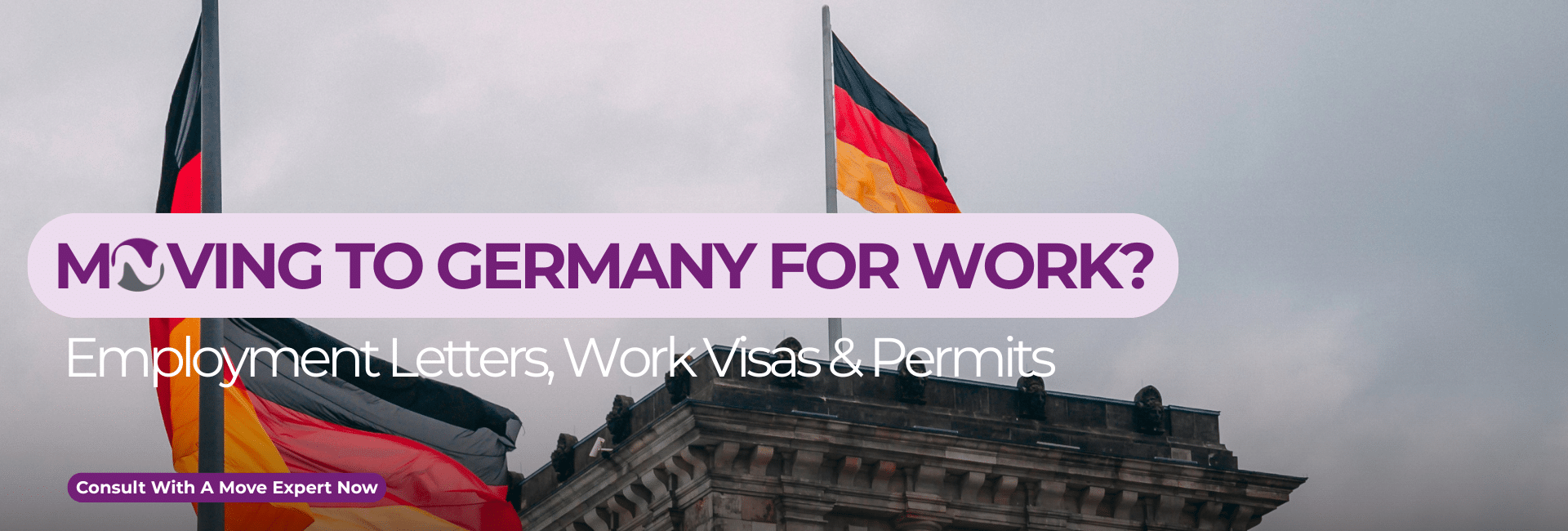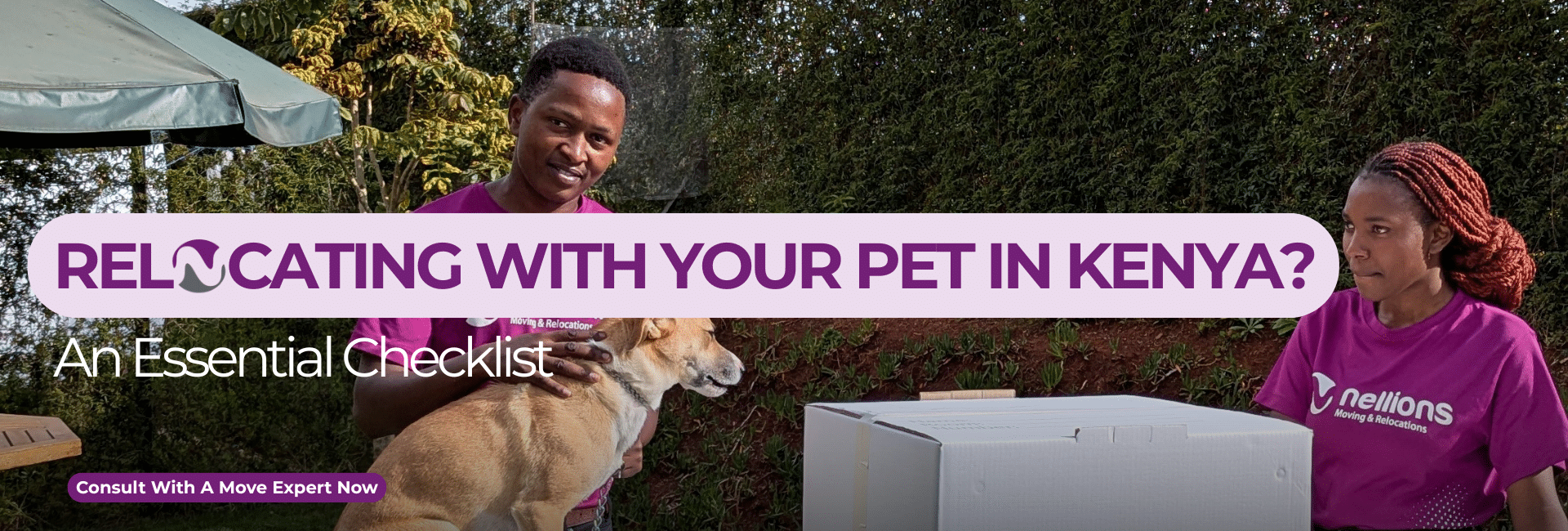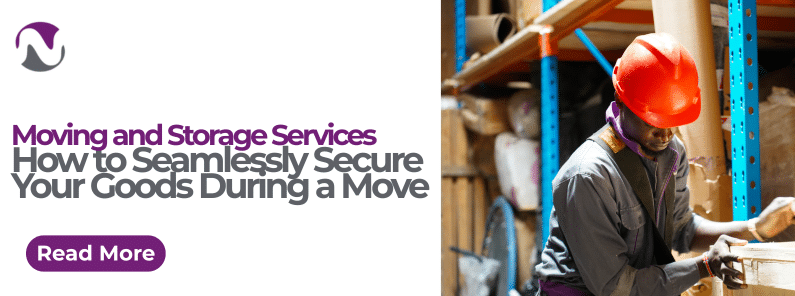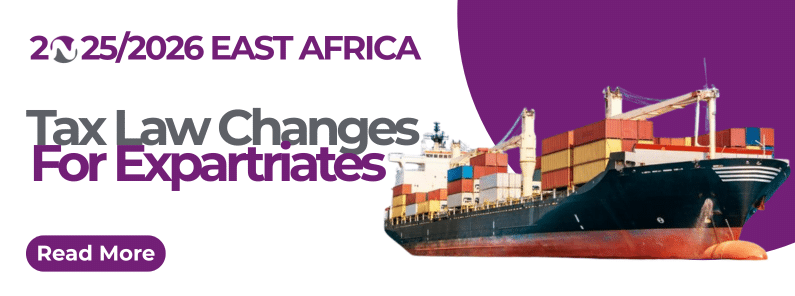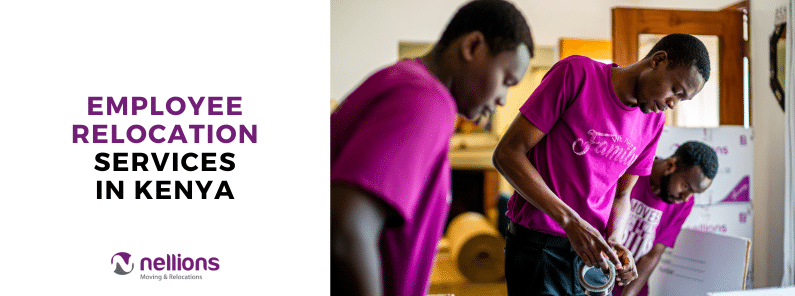The Netherlands is a country in northwest Europe. It is also known as Holland.
Living in the Netherlands is a wonderful experience. It is a small country with a densely populated population, stable and developed infrastructure, and a liberal and progressive mentality.
The Netherlands is an ideal destination to relocate to because of its high employment rates, great infrastructure (particularly in education and healthcare), and high life satisfaction levels.
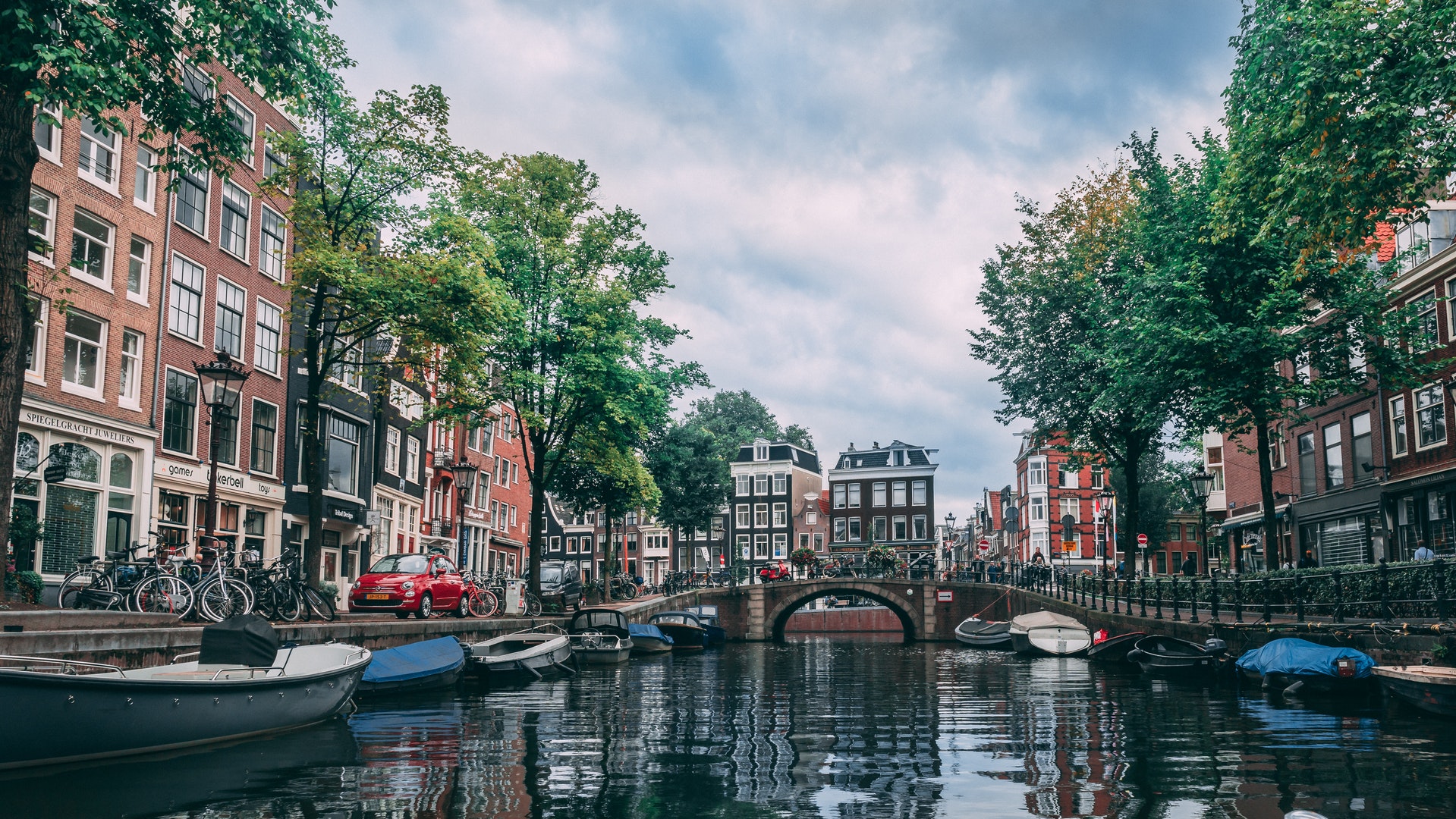
With extensive stretches of lakes, rivers, and canals, the country is low-lying and incredibly flat. Reclaimed land covers 2,500 square miles (6,500 square kilometres) in the Netherlands, the consequence of a centuries-long process of careful water management. The land was reclaimed from the sea around the beaches, while lakes and marshes were drained in the interior, particularly along the many rivers.
The Netherlands is quickly becoming one of the world’s most popular expat destinations, attracting an unprecedented number of international students and young professionals each year. In reality, so many international students from different countries are presently enrolled in Dutch higher education institutions for studies. Over the years, there has been a constant increase in the number of students enrolled in institutions of learning in the Netherlands.
Many young people are moving to the Netherlands to start their careers or complete internships in their chosen fields of study because of the business incentives available to locals.
Although transferring nations is one of the most stressful events in life, with the help of moving and relocation companies, moving to the Netherlands is not as awful as it could be.
If you’re thinking of relocating to the Netherlands, there are a few things you should know first. These include anything from immigration formalities to the Dutch bicycle culture. Here’s our moving checklist for the Netherlands, which includes useful information.
1. Do Your Research
The Netherlands brings to mind canals, bicycles, and the occasional windmill. However, if you are considering relocating to the Netherlands, it is critical that you understand the country’s daily life. Although Dutch society is generally open and outward-looking, the expense of living, particularly in bigger cities such as Amsterdam and Rotterdam, can be exorbitant.
Doing thorough research will help you understand better where you are going. The research phase also includes working closely with your relocation company of choice to understand all the dynamics of an international move.
2. Ensure You Have All The Documents Required
It might be tough to select what to bring with you when moving to the Netherlands, especially if you are only staying for a short time. Once you’ve selected what to pack in your bag, don’t forget to bring these vital documents with you; having them on hand will certainly save you some time.
-
Passport
Your passport is a crucial document to bring with you because you will need it while registering for a residence permit and for several other procedures.

If you want to travel outside of the European Economic Area from the Netherlands, you’ll need a passport. An ID card issued by a European Union country is a valid form of travel identification inside the European Economic Area.
It’s crucial to remember that anyone over the age of 13 should always carry a valid ID with them while in the Netherlands. Residents of the Netherlands are required to do so. A passport is an acceptable form of identification if you are yet to get an alien ID.
-
Work Contract
You might be relocating to the Netherlands because of a new job opportunity you landed. In this circumstance, a work contract, if you have one, is another vital piece of documentation to have on hand. It may not be the most crucial item to carry, but it will come in handy if you have any issues when in transit as well as for settling in the Netherlands.
You may need to present proof of income, such as an employment contract or a wage slip if you are looking to buy a property or simply move into rental housing. As a result, having this contract is critical in this situation.
Make sure your CV is up to date and professionally written if you are moving to the Netherlands without a job. This will allow you to start looking for work nearly immediately.
-
Your Medical Records
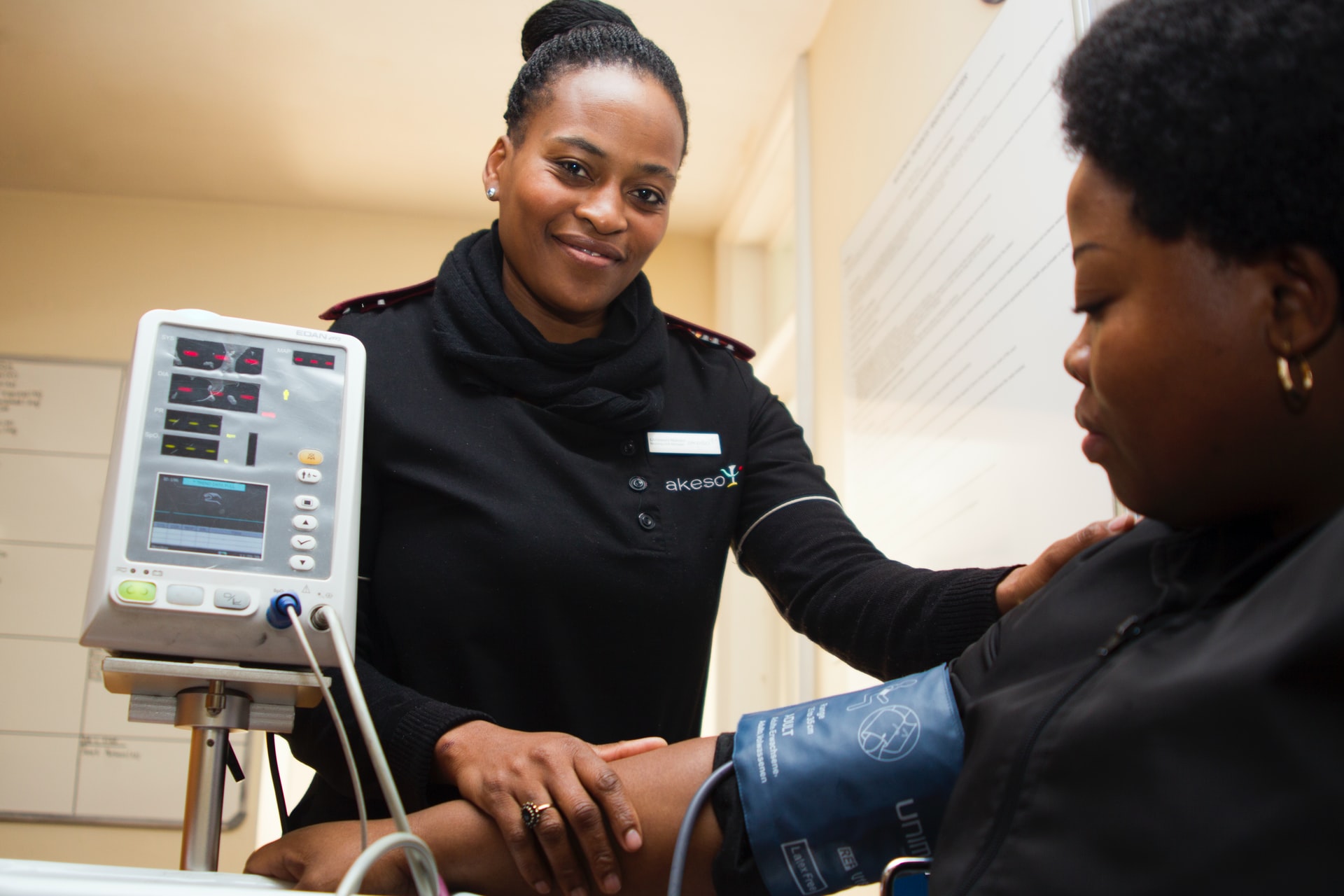
Many people are unfamiliar with the Dutch healthcare system, but to consult a healthcare expert, you will need Dutch health insurance or a European Health Insurance Card (EHIC), which may suffice for a limited time. You will be punished and billed for the months you did not have Dutch health insurance.
It’s also a good idea to carry a copy of your health documents, such as vaccines or procedures you’ve had, if you can, especially if these records aren’t transferable between countries. Such documents are frequently available at your local doctor’s office.
-
Rental agreement
You will need to have a signed rental agreement if you have already identified proper housing and possibly established your income through your work contract. Bring the documents with you to the Netherlands, since they will be required when registering with the municipality.
By registering, you will receive a citizen service number (BSN), which you will need when obtaining health insurance and other services.
-
Education certificates
It is a good idea to bring your school certificates with you whether you are relocating to the Netherlands to study or not.

You never know when a prospective employer will need proof of your school background, or if you wish to take a certain course that has certain educational qualifications.
Showing that you have achieved particular educational certifications will come in handy for whatever purpose; just don’t lose them. If you don’t want to physically transport these documents to the Netherlands, scan the original and save a copy on your computer; nowadays, evidence is frequently transmitted digitally.
-
Enrollment letter from the university
When studying is the reason for your relocation, you may frequently require your confirmation of enrolment as evidence to sort out everything linked to studying in the Netherlands.
For example, when opening a student bank account in the Netherlands, the letter of enrollment will come in handy in supporting your application.
This document may also be required by insurance companies, health insurers, student associations, and other organizations during your stay.
-
A birth certificate with an Apostille
A birth certificate is required to register explicitly. But not just any birth certificate; an apostille is required.
Apostilles certify the official seals and signatures on public papers such as birth certificates, court orders, or any other document issued by a federal agency and certified by an American or foreign consulate.
The document(s) should be apostille-certified so that they can be acknowledged in foreign nations that have signed the 1961 Hague Convention Treaty. The Netherlands is one of the countries that are part of this convention treaty hence the need to have an apostille on your birth certificate.
Having a birth certificate on hand is quite useful; if you lose your ID, you still have some kind of proof of your identity. If your certificate does not include an apostille, you may typically receive one from your home country’s embassy, so make sure you get one before you move.
-
Visa
Short-term stay Visas to the Netherlands are only valid for 90 days (or 90 days within a 180-day period). The Schengen C visa is the most common short-stay visa, allowing you to travel across the Schengen Area.
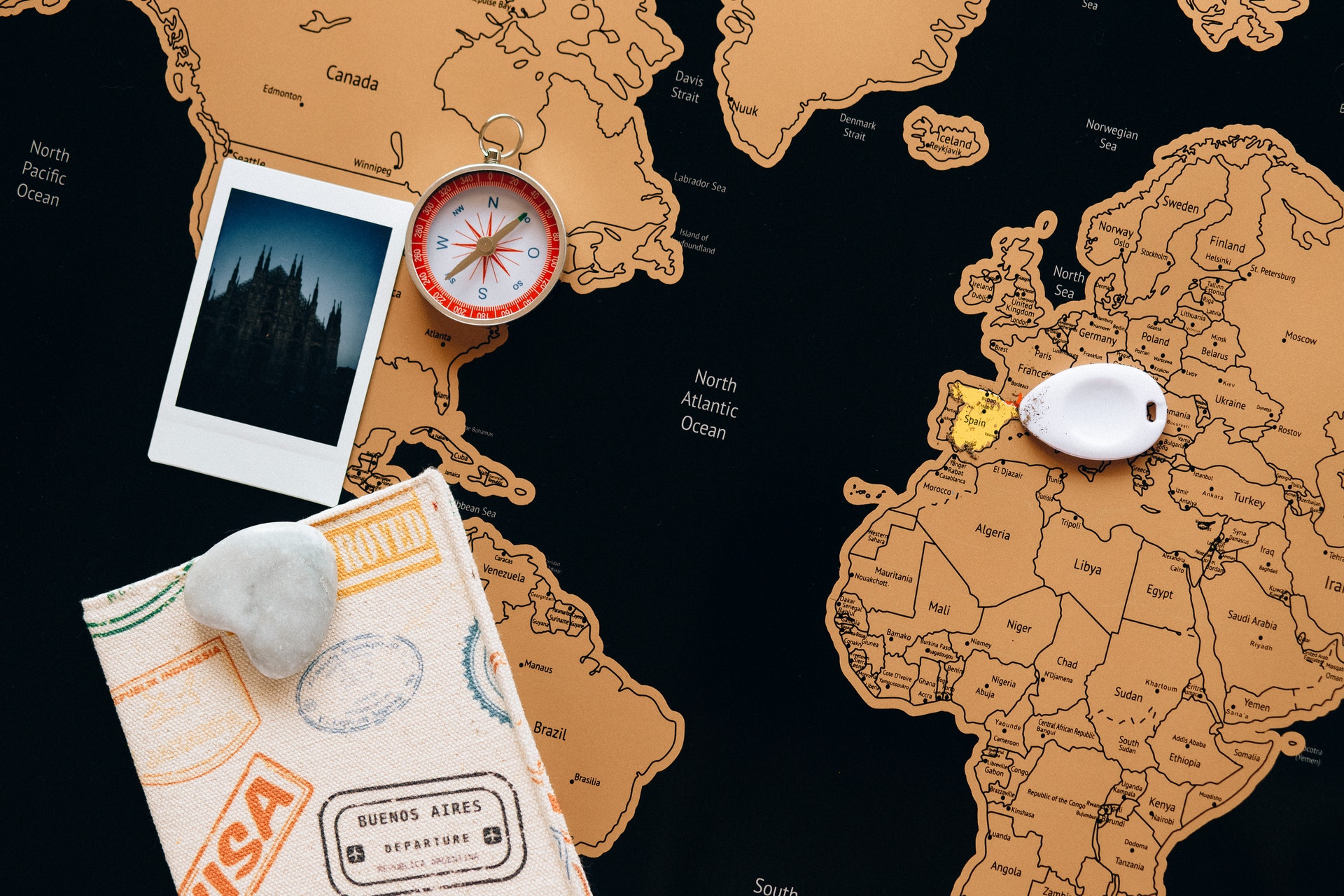
If you plan to leave and then return to the Netherlands within this time frame, you must have a multi-entry visa rather than a single-entry visa. If you have a solid cause, you can usually upgrade a single-entry visa to a multi-entry visa for a fee.
European Union/European Free Trade Association citizens do not require a visa to visit, live, work, or study in the Netherlands. All you’ll need is a valid ID. Unless you’re bringing a family member with a non-EU/EFTA passport, you don’t need to register your stay with the IND if you’re a citizen of one of these countries.
The only requirement is that they must register with their local authorities for stays of more than three months. They’ll be added to the Personal Records Database and assigned a citizen service number. This is the Dutch social security and tax number, which is required for many areas of daily life in the Netherlands, such as opening a bank account.
When relocating from Kenya to the Netherlands, you require a visa to enter and remain in the country. The Netherlands visa requirements for short stays of up to three months are determined by nationality. In Kenya, you can only book an online appointment at the Nairobi embassy when applying for a long-stay visa. For short-stay visas, you can book an appointment with external providers.
Check the regulations of each nation concerning relocating to the Netherlands.
3. Moving Household Goods and Personal Belongings

Moving and all you possess to a new location is no walk in the park, as you are well aware. If you do it alone, you’ll almost certainly spend more money, time, and energy than is necessary. To ease the process of shipping your household goods, you may need to engage the services of moving and relocation companies.
The first step in this process is filing for a customs declaration. In most cases, you will be able to import your household goods or personal belongings into the Netherlands without paying tax but only if you have a permit.
In that scenario, you’ll need to notify Customs of the arrival of your household goods. You should specify that you want to import your personal belongings without paying import duties.
This declaration cannot be filed on your own. The relocation company must submit the application through Customs’ AGS declaration system. Your moving firm will utilize a specific code (relief code) to declare your home effects so that you can import them without paying import duties.
To be given an import duty exemption, you must meet the following criteria:
- You are relocating to the Netherlands from a nation outside of the European Union and will be residing in the Netherlands or another European Union country.
- You are shifting your primary residence to the European Union.
- You have spent at least twelve months living outside of the European Union.
- You’ve had the goods for at least six months and have used them.
- You’ve tried the products and plan to use them again.
- You will import the products within twelve months after relocating to the Netherlands or another European Union country.
- Within twelve months of the date of importation, you will not be lending, pledging, leasing out, or transferring the items.
The exemption does not apply to the following items: alcoholic beverages, cigarettes and tobacco products, commercial vehicles, and non-portable professional materials.
Customs clearance is simpler than it appears, and your relocation company can assist you throughout the process. It’s critical that you make an inventory of everything you’re carrying into the Netherlands, detailing everything as precisely as possible.
If the inventory is not satisfactory to the Dutch customs agents, they are permitted to open your container and personally inspect it. This takes time and often results in additional expenses, so it’s important to keep an accurate and complete inventory.
4. You Can Ship Your Car
Shipping your car from Kenya to The Netherlands is possible but there are certain requirements that must be met.
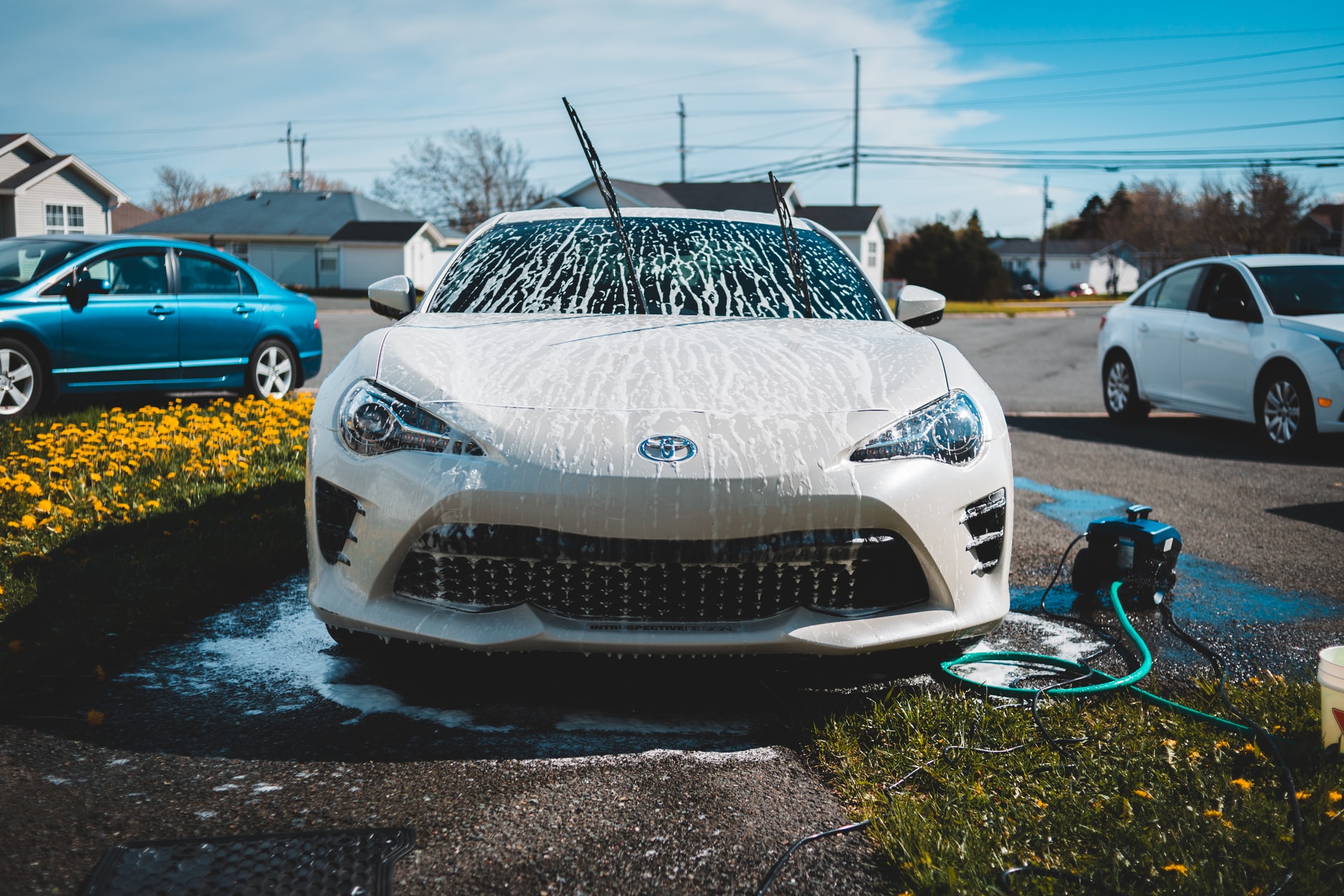
Your relocation company will advise you best on the whole process. However, there are a number of documents that you must have in your possession when you want to ship your car.
This includes;
- Title / registration certificate
- Invoice of purchase or other proof of ownership
- Authentic bill of lading
- residence certificate
- Proof of insurance or a copy of a foreign insurance certificate
It is possible to ship your car to the Netherlands custom free. An application for the free admission of motor vehicles is considered for a period of 4 to 6 weeks. It is therefore important to initiate the process early enough.
The free custom application for car shipment can be done together with that of household goods. If not imported with the household effects shipment, a separate application for any tax exemption must be filed.
After Customs clearance, the RDW requires a technical inspection as well as registration of your car.
5. Relocating with Pets is Possible
If you have a pet, you understand how much you adore them. When moving day arrives, don’t forget about these vital family members!

Here are some of the things you are required to do when you are relocating to the Netherlands in regards to your pets.
- Prepare the animal’s vaccines and travel documents ahead of time.
- You are permitted to bring up to five pets.
- You must be the pet’s owner or a representative who has been authorized by the owner to accompany the pet.
- Dogs, cats, and ferrets must be microchipped or have a tattooed number that is readily visible and legible, and they must be rabies vaccinated.
- Pets that are intended for commerce are not permitted.
- A health certificate or a pet passport is required for each pet.
You’ll also need an animal’s health certificate and, in some cases, a mandatory blood test. This will take several months for your veterinarian to complete. Therefore, start the preparation early to avoid a last-minute rush.
Allow yourself to be thoroughly informed by your travel agency and the embassy of your target country. Also, see the Netherlands Food and Consumer Product Safety Authority guidelines concerning pets.
6. Be aware of restrictions
Each country has its own set of regulations when it comes to what they allow imported into their country. When relocating to the Netherlands, here is a list of what you should know;
- Permission from the Dutch authority is required for hunting guns.
- A manufacturing license given by the Ministry of Health, Welfare, and Sport is necessary to import medications and they must be for personal use only. You should obtain a medical passport from a general practitioner to confirm the medication is indeed for personal use.
- Plants, flowers, fruits, and vegetables require a phytosanitary certificate from the nation of origin stating that they are healthy and disease-free. Customs will seize the merchandise if a phytosanitary certificate is not provided.
- Importing animal products and food items, including but not limited to cheese, milk, eggs, meat, meat products, and animal skins, requires a health certificate. The Kenyan authorities must issue the health certificate at the time the items are imported. Upon arrival, all animal products and food items are subjected to a veterinary inspection.
- Imports of powdered milk, baby food, and speciality foods for medical purposes are permitted if they are trademark-protected, the packaging is undamaged and they have not been opened.
7. Language Spoken
While Dutch is the official language of the Netherlands, the country is situated at a unique crossroads in Europe, therefore French, English, and German are all widely spoken. Furthermore, there are dozens of dialects that can be found. Even though it is a small country, there is a great deal of geographical variance in the way the language is spoken.
If you’re planning to relocate to the Netherlands, Dutch will undoubtedly be the most useful language to have a working knowledge of. You can always rely on important Dutch words and phrases to handle your day-to-day tasks, especially in larger cities. However, you should not panic since communication in English is still possible.
8. Safety Standards
Things can quickly become overwhelming when you’re in a new city. Knowing you are in a safe and friendly environment will definitely do you good.
The rate of crime in the Netherlands is very low compared to other countries in the world. There are several theories as to why this happens, including the country’s drug policy, lower poverty levels, and the system’s traditional preference for rehabilitation over incarceration.
The normal Dutch individual takes rules very seriously, therefore following local laws is almost always required. Things remain peaceful because the majority of citizens adhere to the rules, believing that the regulations in place benefit everyone.
9. Finding a Job as a Foreigner
During their time in the Netherlands, many expats find it quite easy to find business possibilities, which can provide useful experience as well as augment their budgets.
Fortunately, the Netherlands provides numerous advantages for multinational firms to relocate to or establish their company in this advantageous country. The 30% ruling is one of the incentives given. If you qualify, this implies that just 70% of your profits will be taxed, leaving the remaining 30% tax-free. This is particularly beneficial for foreign enterprises in the Netherlands, as the more companies based in the country, the more opportunities for foreign nationals will arise.
10. Means of Transport
The Dutch public transport system is well-organized and provides quick and dependable access to all parts of the city.
The OV-chipkaart can be used to pay for all types of transportation. The card can be loaded with credits at vending machines located across the city and at metro stations. You must remember to scan the card at the beginning and end of your journey, or you may be fined. You can also save 40% on train travel with the card.
Cycling is a common means of transportation in the Netherlands. Bicycles account for 27% of all trips, the largest modal share of any country on the planet. Furthermore, the bike is the most common form of transportation for Dutch people on any given day. At least one bicycle is owned by 85% of the population.
It’s also worth mentioning that the Dutch postal service is very efficient with lightning-fast service. Unlike some other postal systems, the procedures for receiving and signing items are not nearly as rigorous.
Relocating to a different country is definitely not a walk in the park. It requires proper planning and lots of help to execute. Be sure to engage the right people to help you with the process.






